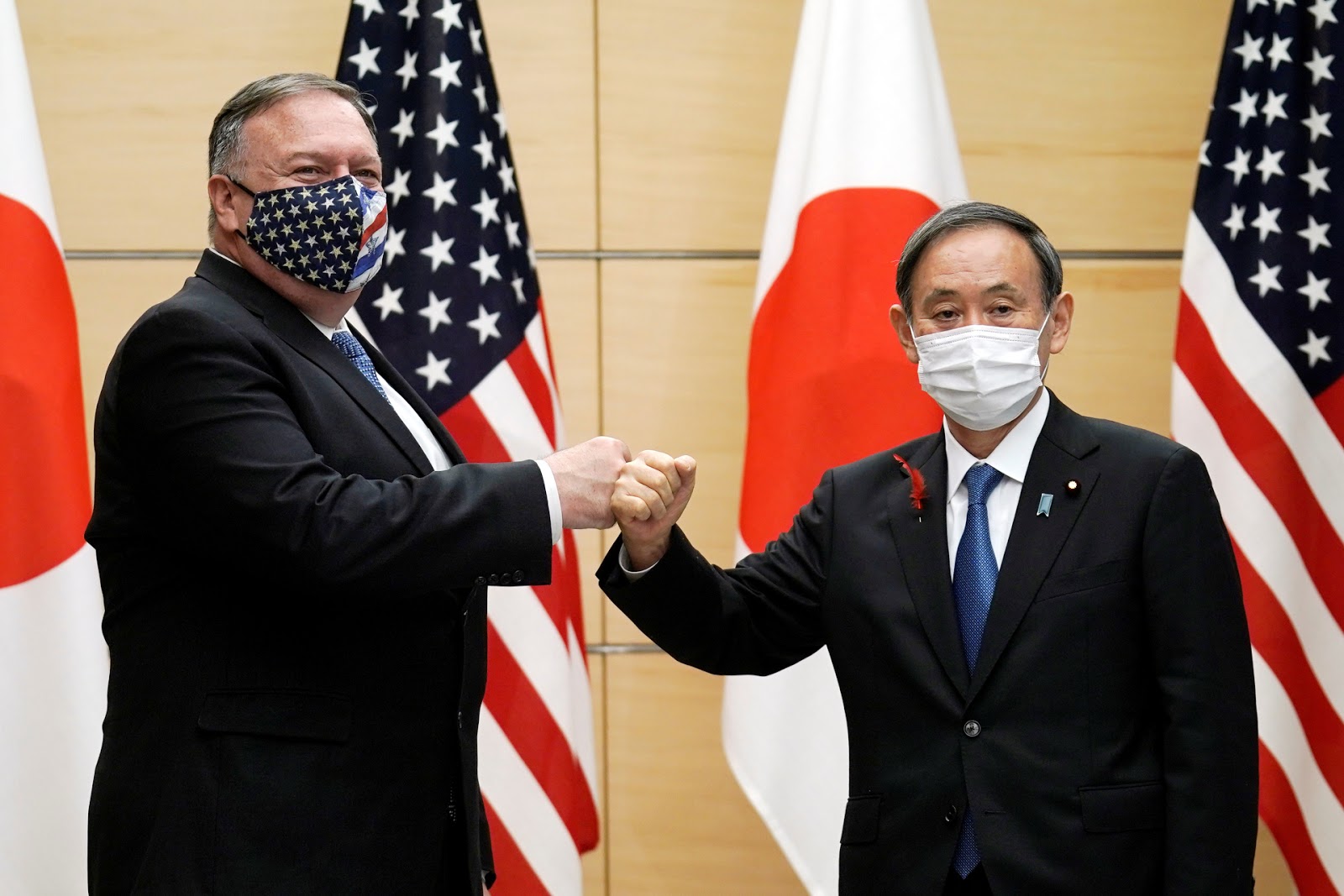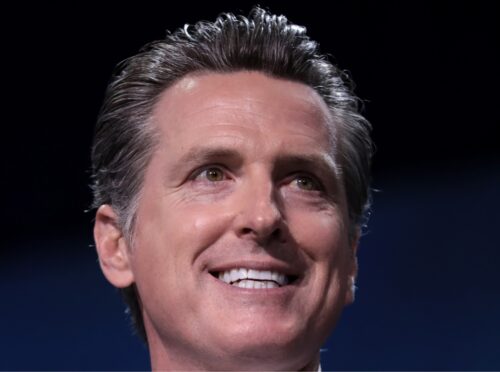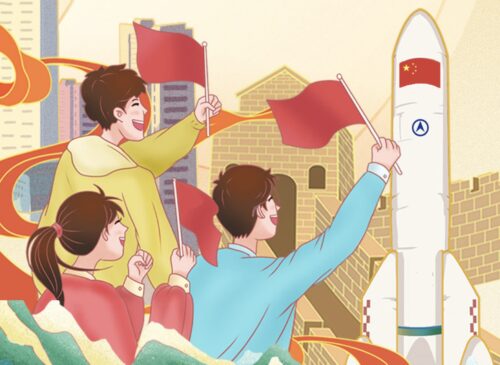Can the U.S. convince Japan, India, and Australia to team up against China?
U.S. Secretary of State Mike Pompeo met with his Japanese, Indian, and Australian counterparts in Tokyo today and urged the four countries to build a “true security framework” to “counter the challenge that the Chinese Communist Party presents.”

Today in Tokyo, U.S. Secretary of State Mike Pompeo participated in the “second meeting of the Quad Foreign Ministers of Australia, India, and Japan,” per the U.S. State Department.
- The “Quad” originally referred to the Quadrilateral Security Dialogue, a meeting of officials from India, Japan, Australia, and the U.S., initiated in 2007, accompanied by joint military exercises.
- Since late 2017, the Trump administration has been pushing to revive this dialogue and increase cooperation among these four countries. As with a decade earlier, the unofficial reason for dialogue was shared anxiety about the rising influence of China.
- Last month, Chinese Vice Foreign Minister Luó Zhàohuī 罗照辉 called the Quad “an anti-China front line, also known as the mini NATO,” and said that it “reflects the cold war mentality of the U.S.”
As if to confirm China’s fears, Pompeo dropped all pretenses about containing China in his remarks today:
As partners in this Quad, it is more critical now than ever that we collaborate to protect our people and partners from the CCP’s exploitation, corruption, and coercion. We’ve seen it in the south, in the East China Sea, the Mekong, the Himalayas, the Taiwan Straits.
Pompeo added, in an interview with Nikkei Asia, that his goal was to advocate for a “true security framework,” or “fabric,” that can “counter the challenge that the Chinese Communist Party presents to all of us.”
- “This is for the soul of the world,” Pompeo added in separate remarks to Japanese public broadcaster NHK, repeating his rhetoric from a speech in July that the world has to “pick a side…between freedom and tyranny.”
His counterparts, however, studiously avoided mentioning China. NPR’s Anthony Kuhn reports:
If, as it appeared, Pompeo was pushing other members of the Quad to take the U.S. side in a confrontation with China, he did not score any ringing public endorsements, and his remarks clashed with those of his host…Japan’s chief government spokesman, Katsunobu Kato, insisted at a press briefing Tuesday: “This Quad meeting is not being held with any particular country in mind.”
Japan said that “practical talks on infrastructure, cybersecurity and other areas” would be the next step after this meeting, Reuters reports, and there was no joint statement issued.
A moment of remarkable negativity on China
Pompeo arrived in Asia at a time of profound negativity toward China among the world’s democracies. A Pew survey released today found that in 14 advanced democracies, a growing majority of the population sees China in a negative light. This includes three of the Quad countries:
- 81% of Australians now see China unfavorably, up 24 percentage points since 2019. Australia has repeatedly clashed with China since calling for a global investigation into the origins of COVID-19 this spring.
- 86% of Japanese said they see China unfavorably. This is lower than in 2013, when 93% of Japanese were negative on China amid a territorial standoff, but that same conflict is now heating up again.
- 73% of Americans see China unfavorably, a record high, and 13 percentage points higher than last year.
India has also quickly soured on China after a deadly border standoff in June — for example, in August, an India Today poll found that 84% of Indians believe Chinese President Xí Jìnpíng 习近平 had “betrayed” their president, Narendra Modi.
However, there is bad news for Pompeo in the Pew poll, as “in most countries, more have faith in President Xi than in President Trump.” Additionally, Pew says, “Outside of the U.S. itself — where 52% of Americans say the U.S. is the world’s leading economic power — only in Japan (53%) and South Korea (77%) do more name the U.S. than China.”
Divisions in the Quad — and in the Trump administration
The most assured outcome of the meetings in Tokyo today is that Beijing will become increasingly paranoid about the American push to contain China. There is a possibility that the U.S. or members of the Quad could benefit from the dialogue, but there are a few reasons to think that little will happen this year:
- India and Japan are “wary of explicitly taking sides against China and prefer dialogue, partly because they have extensive economic ties with their large neighbor and partly because they sometimes wonder how dependable a friend they have in Washington,” the Washington Post reports.
- “The Quad’s viability hinges on India’s participation,” but India continues to hedge its bets. New Delhi appears to prefer cheap Russian weapons over American ones, and recently sealed a defense agreement “with another nonaligned regional giant, Indonesia,” writes Salvatore Babones in Foreign Policy.
- The Trump administration is divided on how far to push Beijing. The New York Times reports that since the signing of the phase one trade deal in January, U.S. Trade Representative Robert Lighthizer has “become one of China’s biggest defenders within the administration,” pushing back against Hong Kong and Xinjiang-related sanctions as well as efforts to start formal trade talks with Taiwan.






